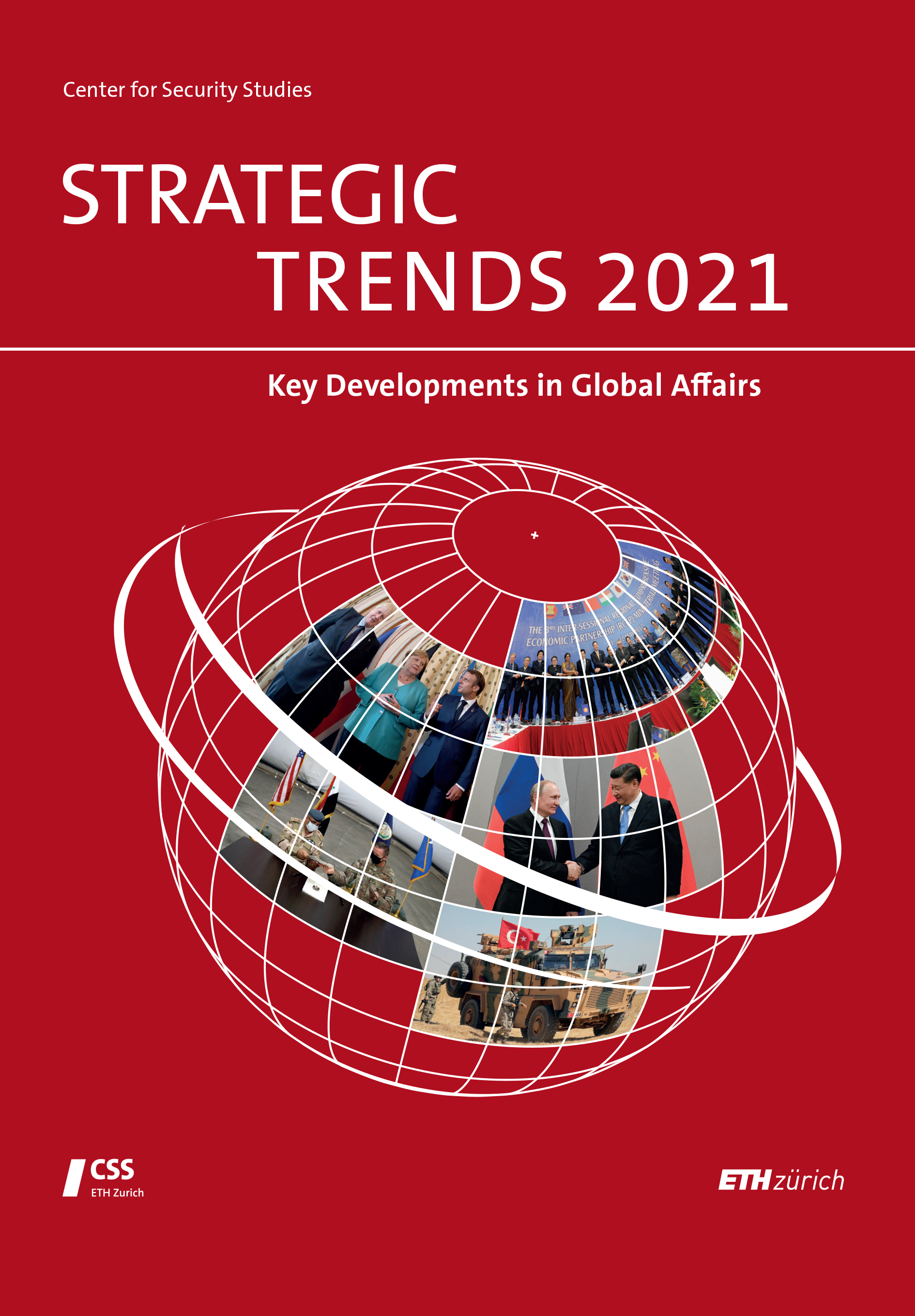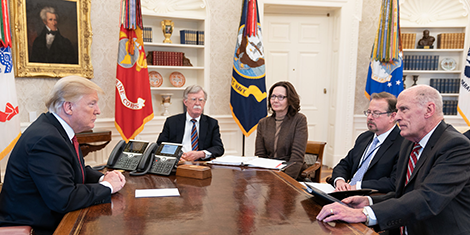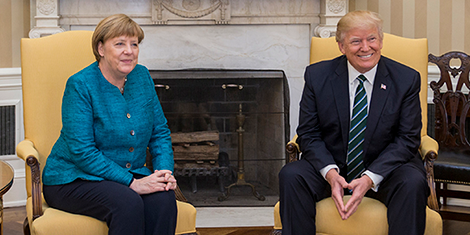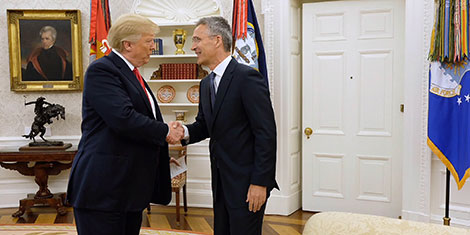
Strategic Trends 2021 offers a concise analysis of major developments in world affairs, with a focus on international security. It features chapters on China-Russia relations and transatlantic security, Franco-German-British security cooperation after Brexit, Turkey’s power projection in the Middle East and beyond, Europe and major-power shifts in the Middle East, and Japanese and South Korean perspectives on changing power configurations in Asia.




